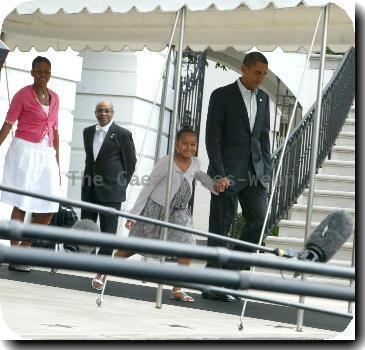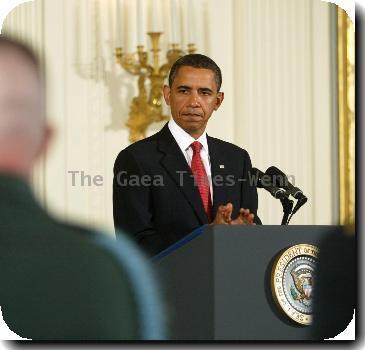US trying to define policy on India: Steve Coll
By IANSSaturday, January 23, 2010
JAIPUR - The US is trying to define its policy and relationship with India and would rather have a private partnership that will not be played out in public, Pulitzer-prize winning journalist and writer Steve Coll said at the Jaipur Literature Festival Saturday.
“Going back through the breakthrough in bilateral ties, the US does not want to be in the lead — it wants India to take the lead and to act now so that Pakistan is forced to make better decisions,” Coll said, commenting on the role that US is trying to carve out for itself in Afghanistan, Pakistan and India.
“Part of the reason why (US President Barack) Obama hesitated to take a policy decision in the region when he came to office was that he thought there was no rush. But he realized later that he had to figure it out for himself what policy he had to adopt on Pakistan,” Coll said at an open forum on “Bin Laden After Bush”.
“The policy is still short-term - what we can do before 2012 election to turn around the situation to show the people of America and Canada. If you look at Pakistan as a short-term security urgency, you must keep in mind that Pakistan army is the world’s best negotiator. Obama should adopt a long-term 10-12 year vision in the region that will take into account India, business and cricket in Pakistan and identify the areas where sustainable progress is going to come from. The policy in the Af-Pak and India sectors is still short term and Obama has to break out of the mould,” Coll said.
He said the Af-Pak theatre was the “best-resourced complex of regional players vis–vis terrorism”.
“The Al Qaida is still a small node of people in Pakistan with specific skills compared to the Taliban, and more vulnerable than regional players. They have to play out their narrative in a local setting. Taliban’s media network was stronger than al-Qaida,” Coll contended.
He cited the instance of “Osama Bin Laden’s son’s wedding in the region” to prove the point saying the al-Qaida chief had invited “Taliban leaders but was scared to publicly photograph the event”.
Addressing the session, writer and middle-east analyst for The Economist, Max Rodenbeck, said the US was “faced with appalling choices as it was deeply embedded in the situation in Afghanistan and Pakistan”.
“It would be very difficult to take a radical decision to evacuate and leave. In fact, any decision would be bad enough as it was a very complicated situation. Pakistan is in a state of flux,” Rodenbeck said.
Lawrence Wright, known for his Pulitzer prize winning book, “The Looming Tower”, a book that pursues Laden post 9/11, said, “My own view towards Pakistan has hardened. The $11 million given by the US to the Pakistan army has made the situation worse. I am also a little frustrated with India. Kashmir is also another thorn in the Muslim world that the US has not addressed,” Wright said.
The session, which featured award winning journalist-writer Steve Coll, Lawrence Wright and Max Rodenbeck, was moderated by journalist-author Basharat Peer.

